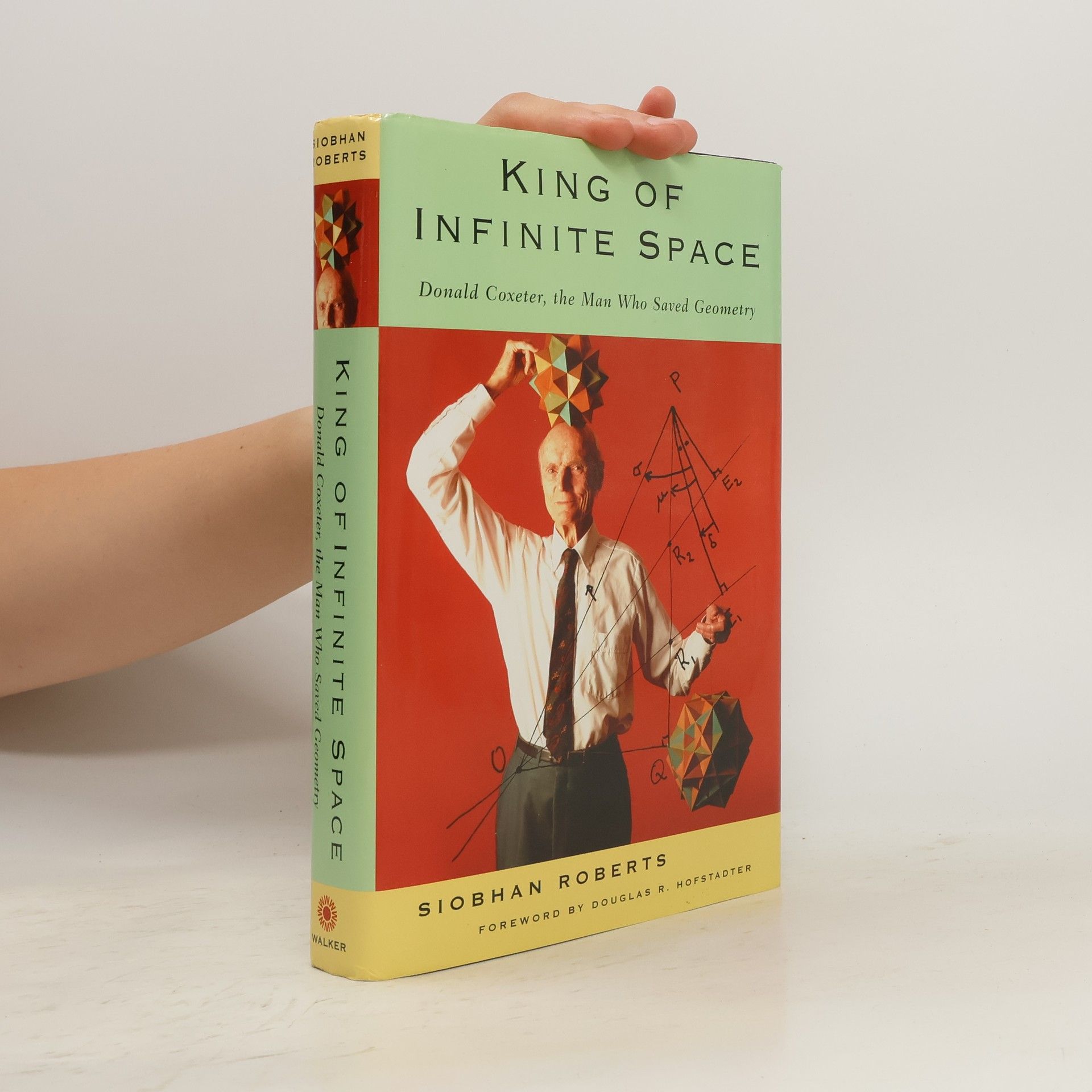Focusing on the life and contributions of Donald Coxeter, this biography highlights his passion for shapes and symmetries in the face of a shift towards algebraic geometry. It details his groundbreaking work with Coxeter groups and diagrams, showcasing his pivotal role in preserving classical geometry. By placing Coxeter among historical giants like Pythagoras and Euclid, the narrative emphasizes his creativity and the dynamic essence of geometry. A foreword by Douglas R. Hofstadter adds depth to this tribute to a remarkable mathematician.
Siobhan Roberts Bücher
Siobhan Roberts verfügt über die bemerkenswerte Fähigkeit, die komplexen Welten der Mathematik und Wissenschaft zu beleuchten und macht komplexe Ideen für ein breites Publikum zugänglich und ansprechend. Ihre Schriften befassen sich mit dem Leben und Werk von Mathematikern und decken die tiefgründigen menschlichen Geschichten und intellektuellen Reisen hinter abstrakten Konzepten auf. Als gefeierte Journalistin bringt Roberts ihre scharfen Erkenntnisse in namhafte Publikationen ein und bereichert die Diskussion über Wissenschaft und Mathematik.



John Horton Conway, a charismatic mathematician, is celebrated for his groundbreaking contributions to mathematical symmetry and the invention of the Game of Life. His unique teaching style at Cambridge and later Princeton involved playful demonstrations using everyday objects, showcasing his imaginative approach to mathematics. This biography delves into his eccentric personality and professional quirks, providing an intimate glimpse into the mind of a truly original thinker who viewed mathematics as a source of beauty and joy.
"There is perhaps no better way to prepare for the scientific breakthroughs of tomorrow than to learn the language of geometry." ―Brian Greene, author of The Elegant Universe. Geometry encompasses much more than shapes and numbers; it influences architecture, microchips, car design, animated films, food molecules, and even our body chemistry. Siobhan Roberts presents Donald Coxeter, one of the greatest geometers of the twentieth century, as the ideal guide to the wonders of geometry. Historical figures like Pythagoras, Plato, Archimedes, and Euclid were all geometers, and their legacies highlight Coxeter's contributions, showcasing geometry as a dynamic, evolving field that has been foundational to civilization. His renowned Coxeter groups and diagrams are regarded by mathematicians as essential tools, and his most significant achievement lies in preserving classical geometry during a time when the discipline favored austerity and rationality. Coxeter's influence extended beyond mathematics; artist M. C. Escher credited him with inspiring his Circle Limit patterns, while inventor Buckminster Fuller acknowledged that his geodesic dome was greatly influenced by Coxeter's ideas. This book serves as an elegant portal into the captivating and intricate realm of geometry.